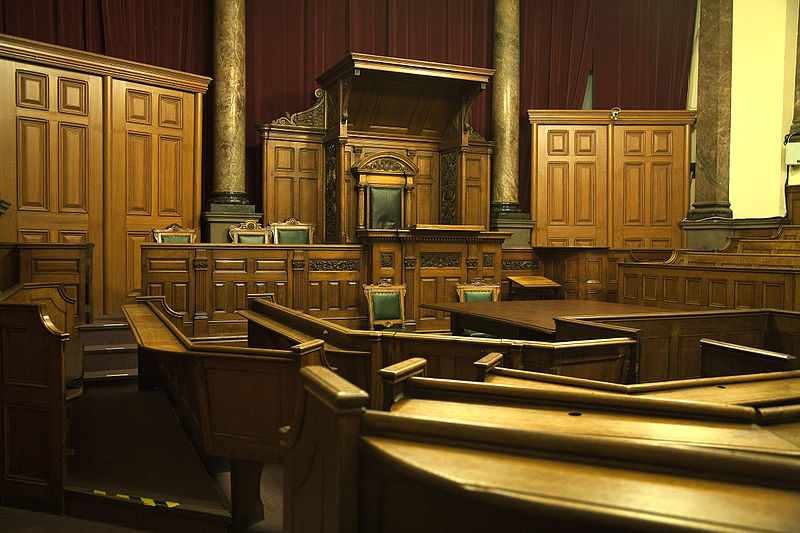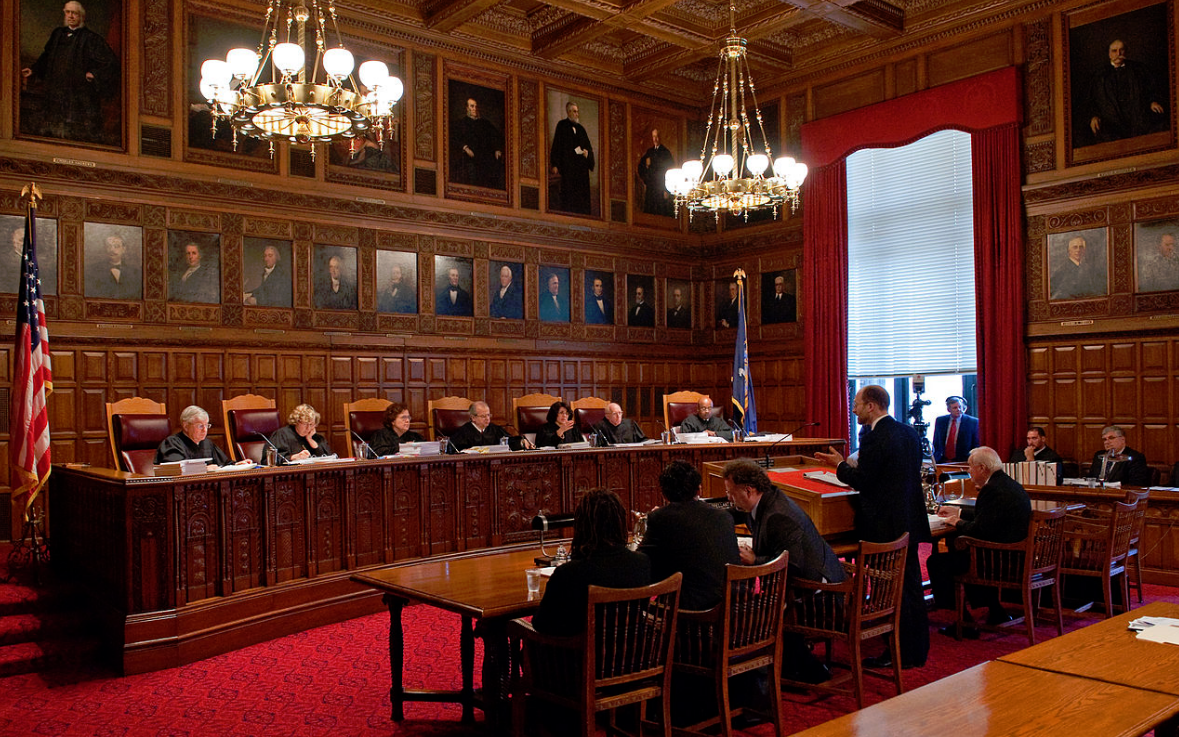“Eliminate Access to Civil Justice Funds” – that is the ominous title of a provision in the North Carolina’s House of Representatives Appropriations Committee’s proposed 2017 Budget. Not cut, eliminate. If passed, this provision would be devastating to legal services available to low-income North Carolinians who cannot otherwise hire an attorney, but are in desperate situations. Those hurt would be domestic violence victims, people on the verge of homelessness, and veterans trying to access benefits they earned with service to this country. The proposed budget provision would eliminate $1.7 million in funding for Legal Aid of North Carolina (LANC), Legal Services of the Southern Piedmont (LSSP), and Pisgah Legal…
-
-
Think You Can Represent Yourself in Business Court? Think Again.
While it is legally permissible to represent yourself in Business Court, it probably is not a good idea as one plaintiff learned the hard way. In a recent decision from the North Carolina Business Court, a plaintiff, James Gillespie, attempted to be a pro se litigant and wound up with his case dismissed and responsible for paying much of the defendants’ legal fees. Gillespie originally retained counsel for the purpose of suing the defendants. However, his attorneys, John and James Scarbrough, filed a Consent Motion to Withdraw as counsel. The court granted this motion requiring Gillespie to retain a new attorney within four weeks. He did not make the…
-
Five Things You Need to Know About Social Media and Discovery
Social media can have a profound impact on a lawsuit and can even make or break one’s case. Take, for example, a person who is claiming they are unable to work due to a workplace injury, but a quick perusal of their social media accounts reveals their ability to waterski simultaneous to the claim. An attorney will likely be able to use that post to make an argument in court. However, if the waterskiing employee realizes the post is problematic given his or her recent claim, they may decide to delete the photo. Deletion of tweets or Facebook posts in an effort to conceal evidence could result in dismissal of…
-
Getting to Know Ryan McIntyre
Did you always want to be an attorney? It was always in the back of my mind because my dad was an attorney and he’s always been a big role model in my life. He’s someone I could talk to about anything and bounce ideas off of. When I went into college, though, I was a biology major and was pretty undecided about what I wanted to do in life. I kept getting drawn into oral advocacy and eventually changed my major to industrial labor relations, which is a subset school at Cornell that sends a lot of people to law school. What is your favorite area of…
-
Playing by the (New) Rules in the North Carolina Business Court: Part 2
The North Carolina Business Court’s new Rules went into effect January 1, 2017 and apply to every civil action designated as a mandatory complex business case or assigned to a Business Court judge, regardless of whether it was filed prior to the Rules’ effective date. They are meant to supplement, rather than supplant, the Rules of Civil Procedure and General Rules of Practice, but if there is a conflict with local rules or standing orders from the county of venue, the Business Court’s Rules will govern. Part 1 of this topic addressed the changes in Notices of Designation, filing, electronic filing technology problems, motions practice, and emergency motions. For…
-
Playing By the (New) Rules in the North Carolina Business Court: Part 1
The North Carolina Business Court’s new Rules went into effect January 1, 2017 and apply to every civil action that is designated as a mandatory complex business case or assigned to a Business Court judge, regardless of whether it was filed prior to the Rules effective date. They are meant to supplement, rather than supplant, the Rules of Civil Procedure and General Rules of Practice, but if there is a conflict with local rules or standing orders from the county of venue, the Business Court’s Rules will govern. The purpose of the Rules is actually summarized in the Rules…
-
An Interview with Marketing Director Liz Kemper
What do you like about working at Lindley Law? I have never worked for a small law firm before and I absolutely love it. I wish I’d done it years ago. There’s something exciting about being a part of a relatively new firm where we are all working as a team to figure out how to strengthen the firm and make our clients happy. Most of our clients are individuals or small business owners who have very real problems that we help them solve as efficiently as possible. In previous jobs, most of the clients my companies served were very large banks or corporations and it wasn’t very personal. I…
-
Trey Lindley Selected as a 2017 North Carolina Rising Star in Estate and Trust Litigation
Lindley Law is pleased to announce Trey Lindley was selected as a Rising Star in Estate and Trust Litigation by Super Lawyers Magazine making this his sixth consecutive Rising Star award with the previous five for Business Litigation. Super Lawyers Magazine recognizes outstanding attorneys who are 40 or under, or who have been practicing for 10 years or less. The multi-step process involves soliciting nominations from attorneys across the state (lawyers are not allowed to vote for themselves), followed by a thorough case-by-case review of each nominee. Nominees have attained a high degree of peer recognition and professional achievement. No more than 2.5%…
-
Twelve Causes of Action That May Accompany a Breach of Fiduciary Duty Claim
Several causes of action may be pled in conjunction with a claim for breach of fiduciary duty, depending on the facts and circumstances surrounding the case. Attorneys should consider the following claims when filing a breach of fiduciary duty cause of action and determine which, if any, also apply to their clients: 1. Constructive Fraud Constructive Fraud occurs when a person or entity gains an unfair advantage over another through unjust means, usually by lying or omitting important details. Constructive fraud differs from actual fraud because the elements of constructive fraud do require intent, or actual…







